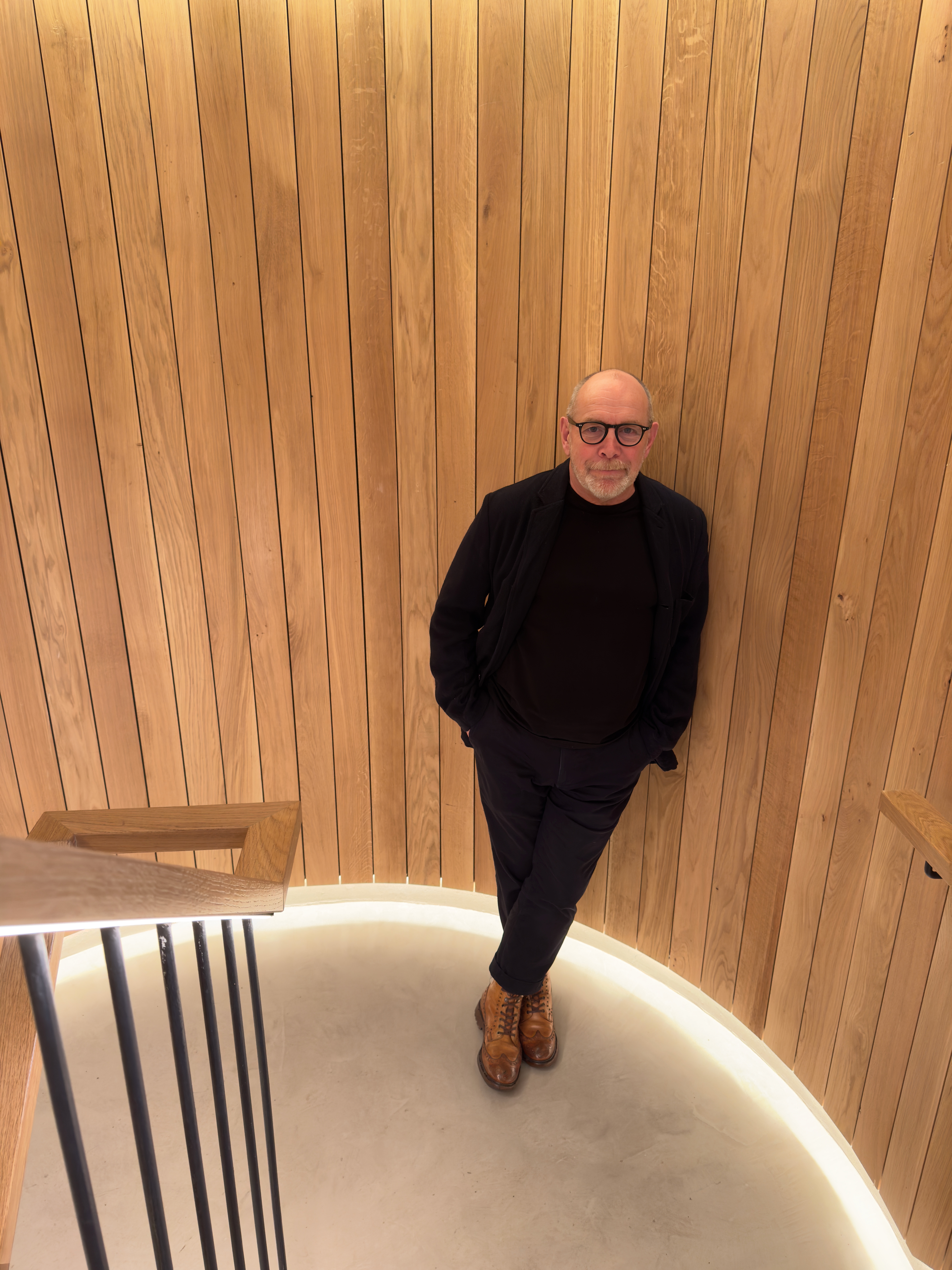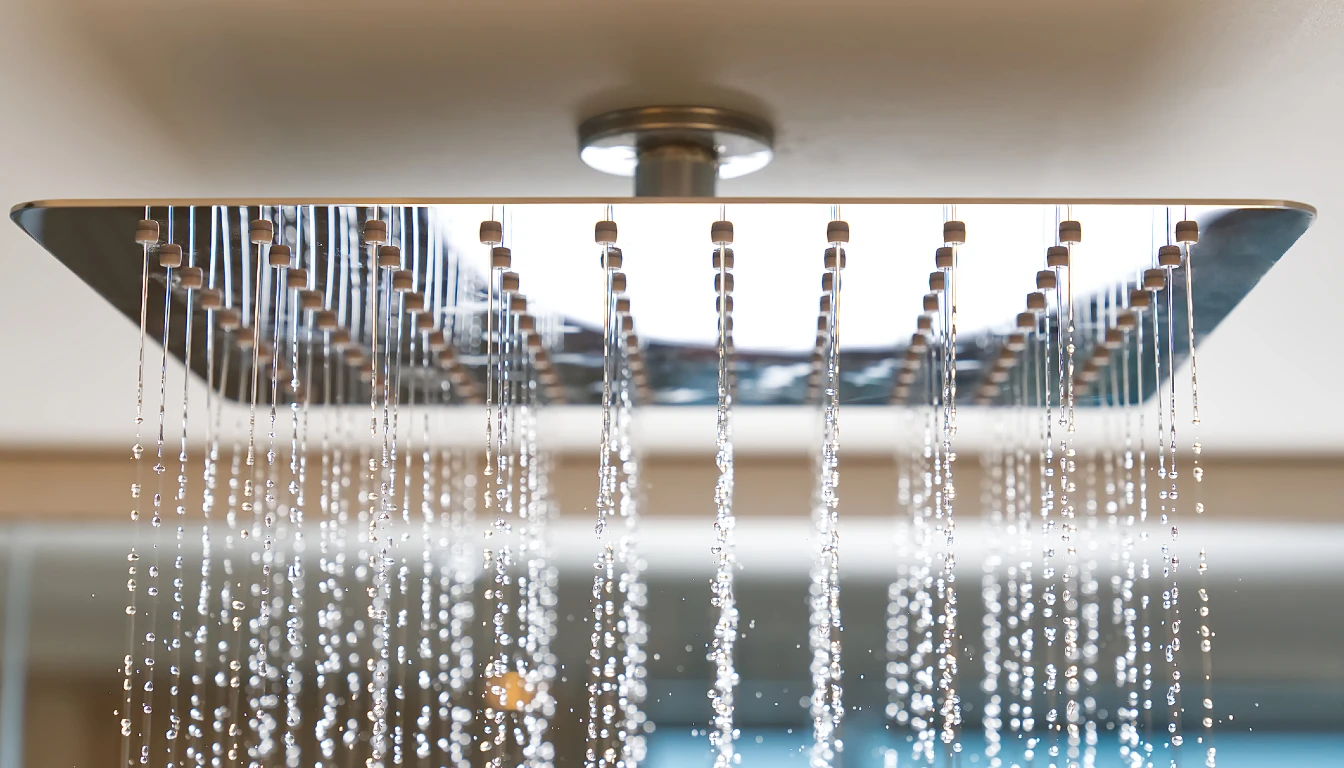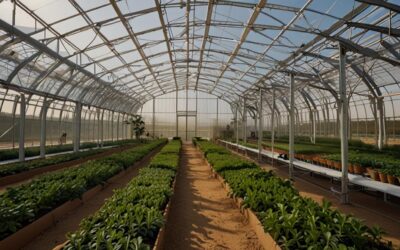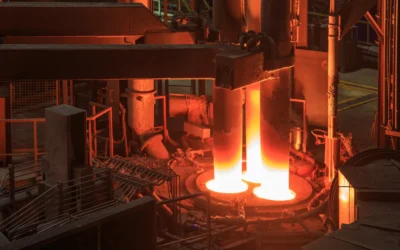Q&A with Kevin Wright, Chief Brand Officer & business strategist, Showerkap
What is the problem that your company is solving and why is it important to do so?
Water scarcity is ranked among the top five global risks, threatening human lives across the globe. “Day Zero” – the day the taps run dry – is far closer than many of us may realise. By 2050, every single country in the Middle East and North Africa (MENA) will live under extremely high water stress and in recent years, the global water crisis has threatened major tourist destinations – from Cape Town to southern Spain. In the UK, The Environment Agency predicts that we could run out of water within the next 15-20 years.
People are keen to do their bit to reduce water use and save this vital resource, but prior to Showerkap, no one had addressed a workable solution that enabled this behaviour shift.
While climate change and population growth are two of the leading drivers of water scarcity, travellers’ behaviour while they are on holiday, is also having a detrimental effect on water reserves and the local communities that are reliant on them.
What technology/innovation are you bringing to this field?
Showerkap is a UK tech startup which has designed the world’s first water management system using innovative engineering and behavioural science. The ethical solution nudges users to be more eco-friendly and take shorter showers, reducing water consumption, carbon emissions and costs.
The innovation – which combines a patented valve, smartbox and consumer app – gives organisations the ability to track and analyse their water usage, measure CO2, detect abnormal events like leaks and maintain water safety.
The Showerkap system works by using a patented valve which gently fades down the water temperature over time, and, by simulating water running out, prompts the user to finish their shower earlier.
At the same time, the valve smartbox relays captured usage data to a cloud based platform and a web app provides users with detailed analytics. Focusing on information such as total water usage, costs and CO2 emissions, it allows detailed classification of water outlets and offers a suite of sophisticated leak detection tools and alerts.
Alongside the analytics, the same data forms the basis of the system’s unique set of behavioural ‘nudge tools’.
Aligned with users’ preferences and controlled by the user in an app, these tailored, personalised nudges can help encourage better choices about making every drop count and offer individuals the means to make more sustainable water and energy decisions.

Kevin Wright, Chief Brand Officer
Showerkap’s business strategy is to focus on some of the biggest water consumers, like universities and hotels, enabling them to monitor and conserve water usage in one easy platform and app. Our goal is to motivate rather than force people to change, and to incentivise users with rewards and discounts, helping to create a ripple effect for other sustainable choices. Because people are not being forced into something, they are far more likely to make changes and stick to them.
What stage of commercialization are you at? Who are your backers?
Traditional startups have long been driven by the singular goal of maximising profits and shareholder returns. However, we are part of a new breed of purpose-led businesses who are challenging this model by prioritising social and environmental impact alongside commercial success.
Because of this, we initially looked outside of institutional investors to secure funding – this included support from individuals motivated by the cause – which allowed us to secure regular cash injections to get our business off the ground quickly and to develop at pace.
As the business grew, we got to a point where we needed to go down more formal routes. We have now completed two successful funding rounds, totalling £1.2 million, and our company is valued at £50 million.
What is the potential of your product/service to cut emissions?
We know that a single valve installation saves 1,600 kgCO2, which is the equivalent to CO2 emissions from 180 gallons of gasoline and 1,1763 pounds of coal burned .
By installing the smart platform, universities can work towards achieving ambitious emission reduction targets and climate action commitments drawn up by Universities UK to support government plans for reducing emissions by 78 per cent by 2035. For universities with 9,000 students on campus, the solution is estimated to save 1.2million kgs of CO2 emissions, 227m litres of water and £1.1m per year, using ‘nudge’ technology to reduce shower time from 11 to four minutes.
We are in final discussions with some of the country’s leading universities about adopting the solution as a means of addressing the urgent need for water conservation and the pursuit of net-zero targets. We’re also talking to some leading UK hotels about deploying the technology across the industry.
Through adoption of our technology, the estimated annual savings based on a hotel group with 210,000 rooms are estimated to be as high as 2.2m kgs of CO2 emissions, which is significant. The platform’s potential is also to save 415m litres of water and £2m per year, using Showerkap’s nudge technology to reduce shower time from eight to four minutes.
The urgency of water conservation efforts becomes clear when we consider that a typical hotel room uses around 1,500 litres of water every day – approximately eight times that of local residents. This excessive usage not only carries an environmental cost, but also inflates water and energy bills, directly impacting a hotel’s bottom line. Research shows that there are potential water savings of up to 50% in many hotels.
What are the key challenges that you face?
One of our biggest challenges is raising awareness about the issue of water scarcity. Although many of us have read the news, there is still a sense of ‘this won’t impact me’. However, the reality is that we are all completely reliant on water for our survival, and that no one anywhere in the world is immune from the impacts of water scarcity. This is something that threatens all of humanity.
Our goal is to share this difficult message, while also putting across a more positive one – all of us can do something. Our technology can help businesses and individuals to take small steps that make a big difference, helping us conserve our most precious resource.
What do you need to overcome them?
There is no single solution to the water problem – while technology can help by creating sustainable solutions, a parallel transformation is needed in our relationship with water. Ultimately, we need to press home the message that our habits need to change and that we all need to take action.
We’ve overcome the challenge of changing behaviours before – with reducing plastic use and waste and in a switch to seat belt use. As a purpose-led startup, we are well-positioned to bring about breakthrough solutions to some of the world’s biggest problems.




